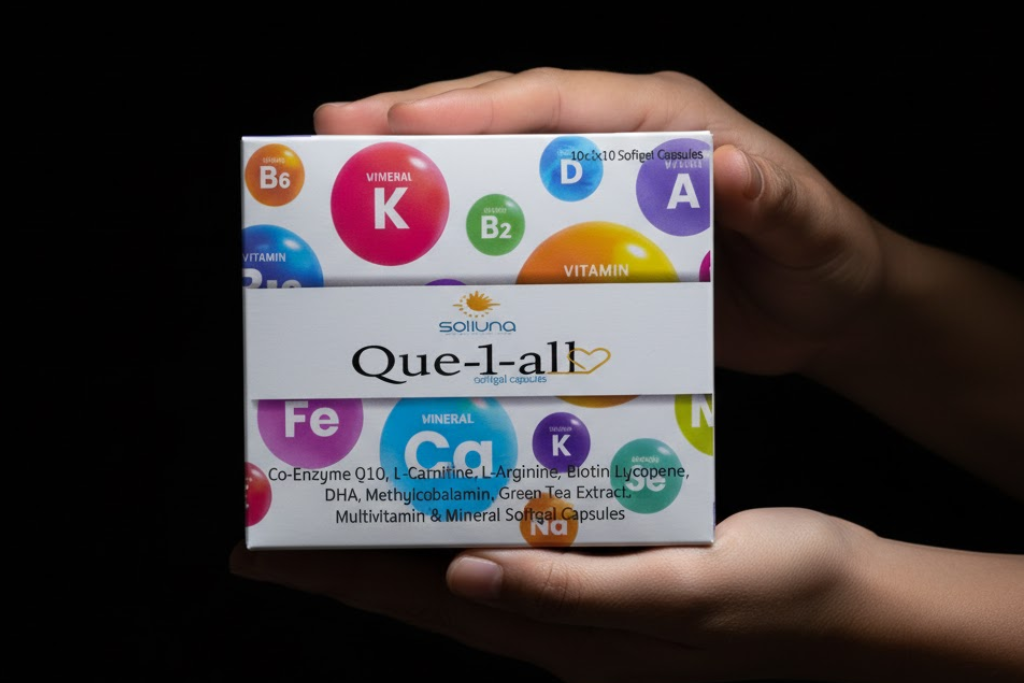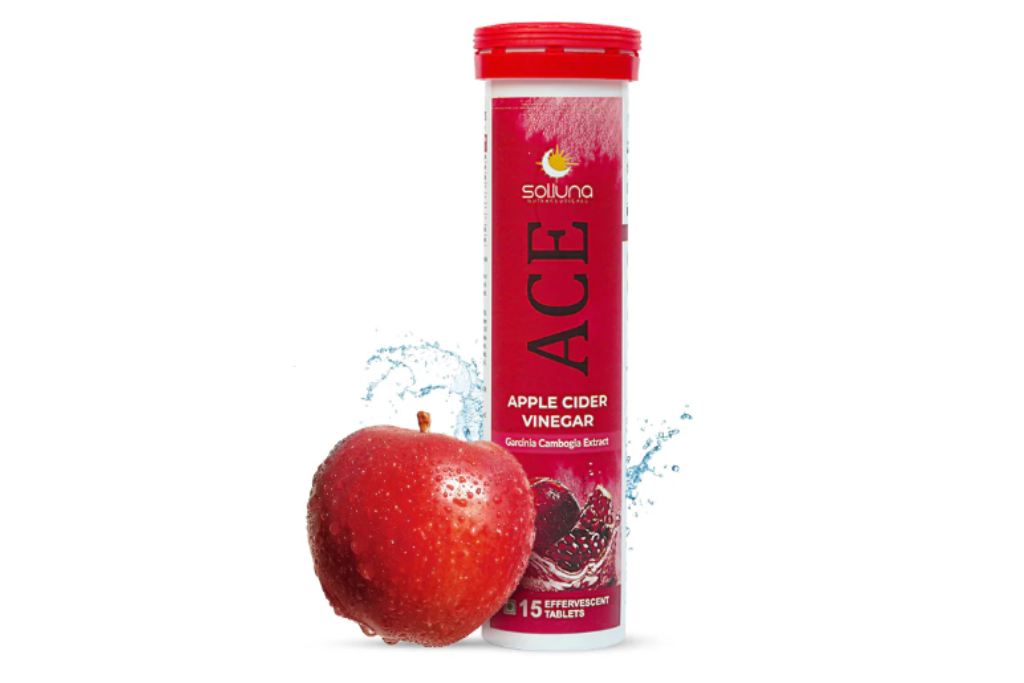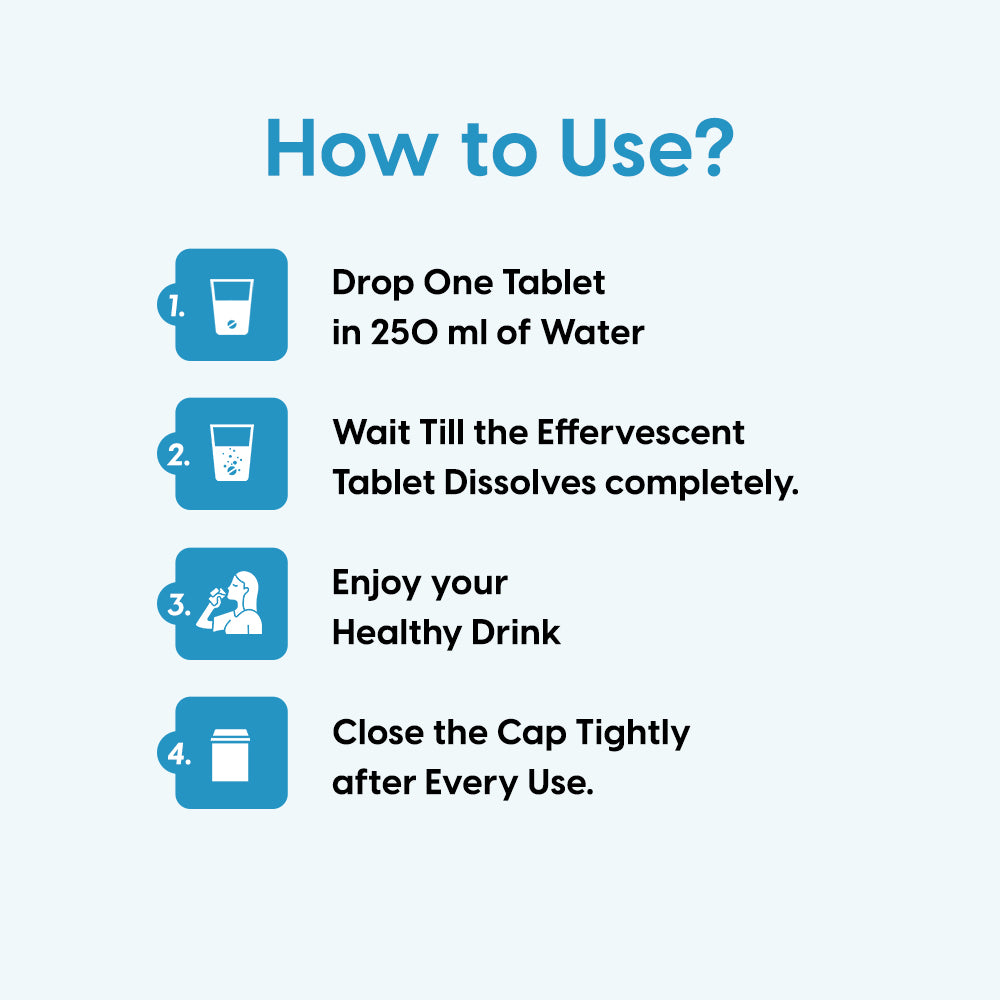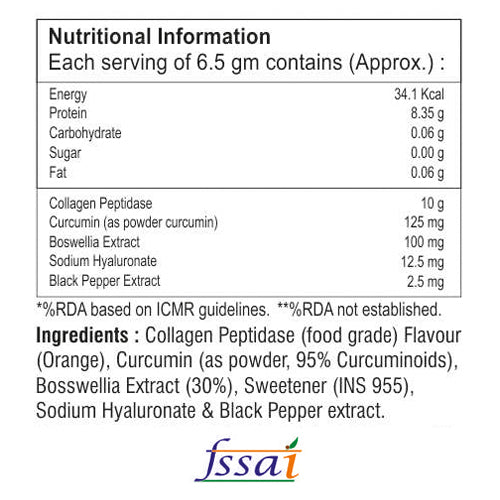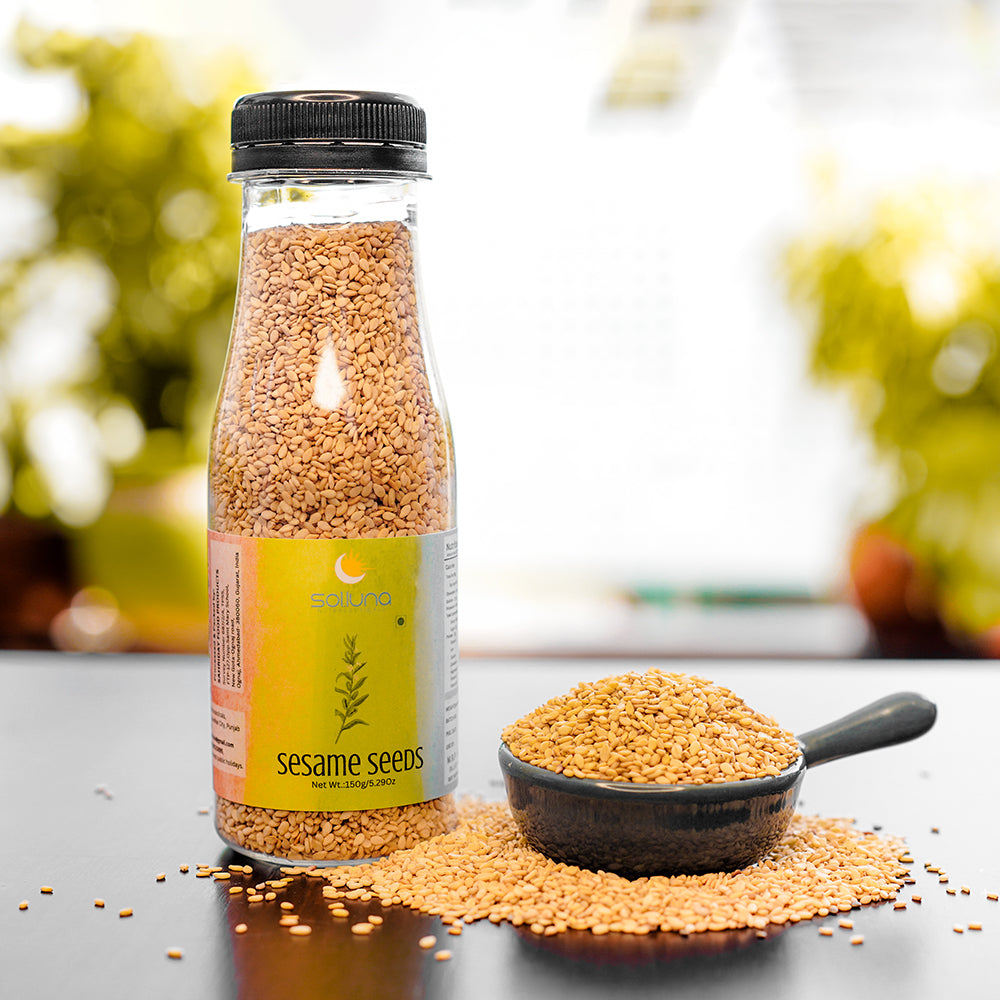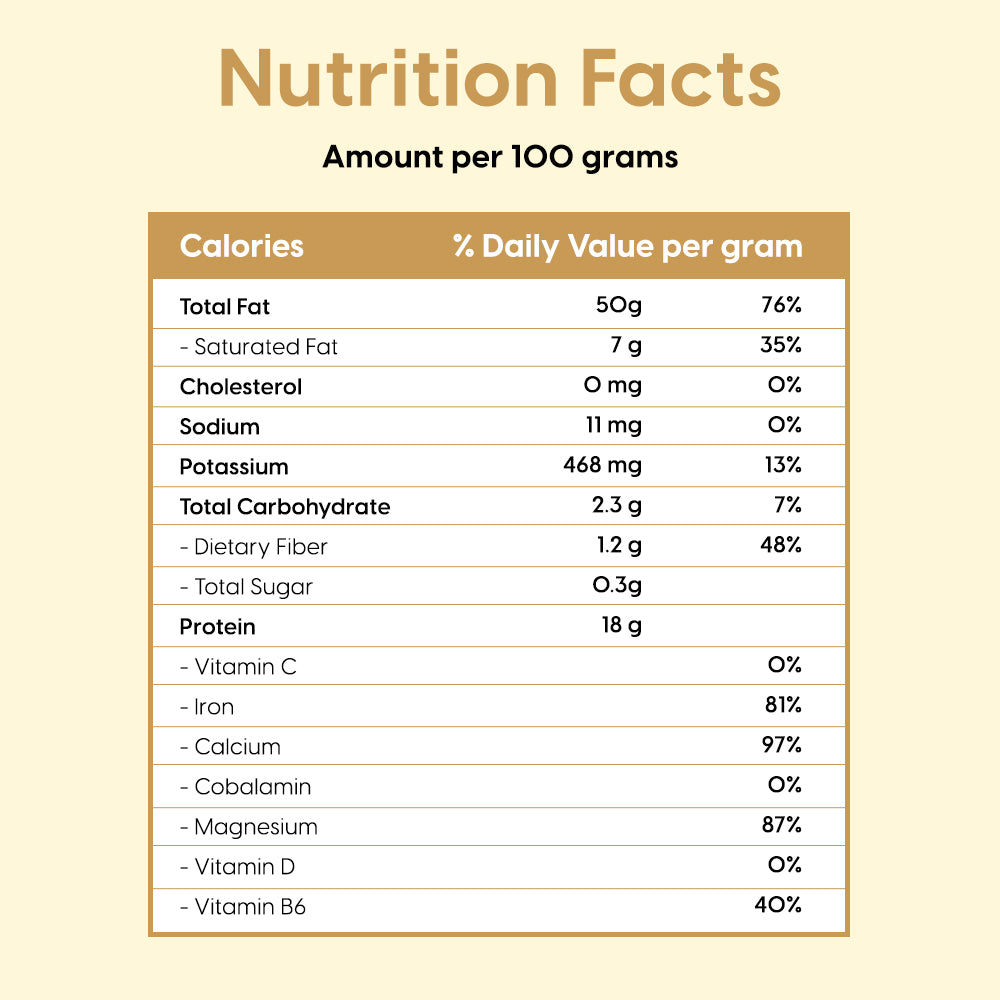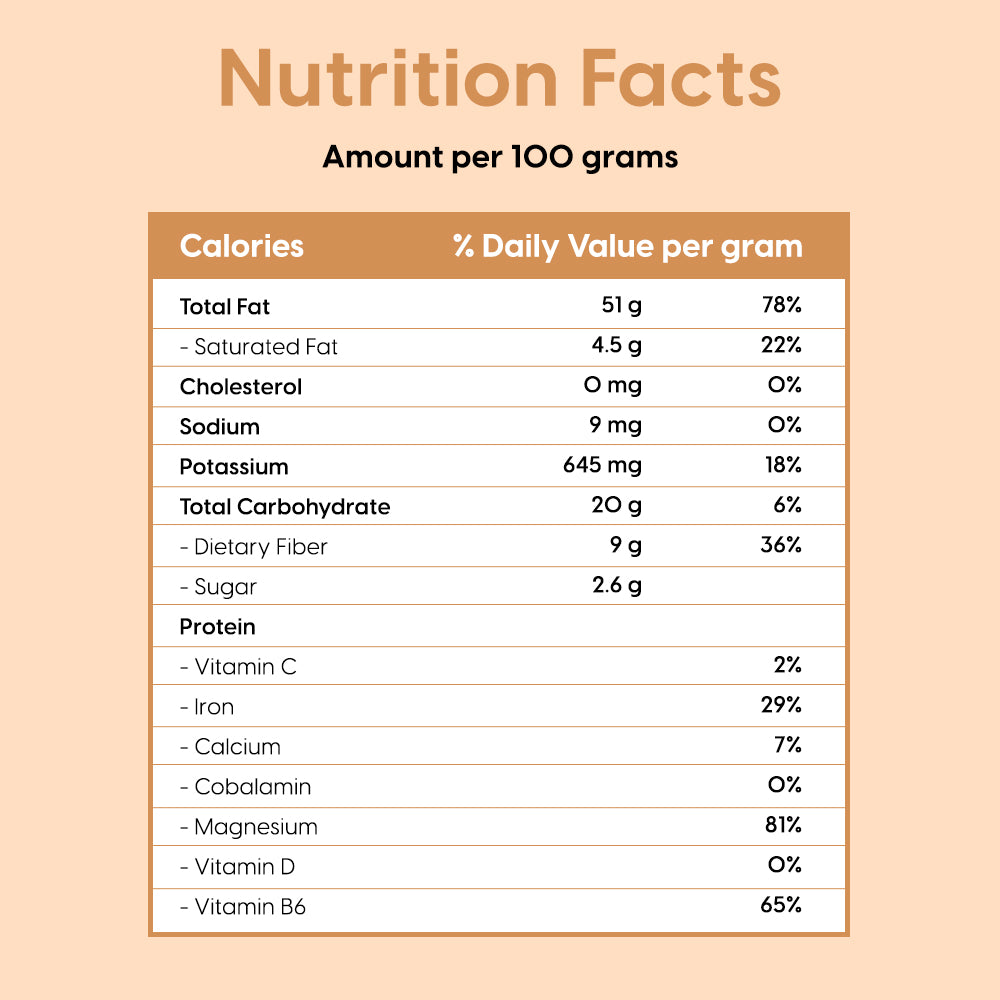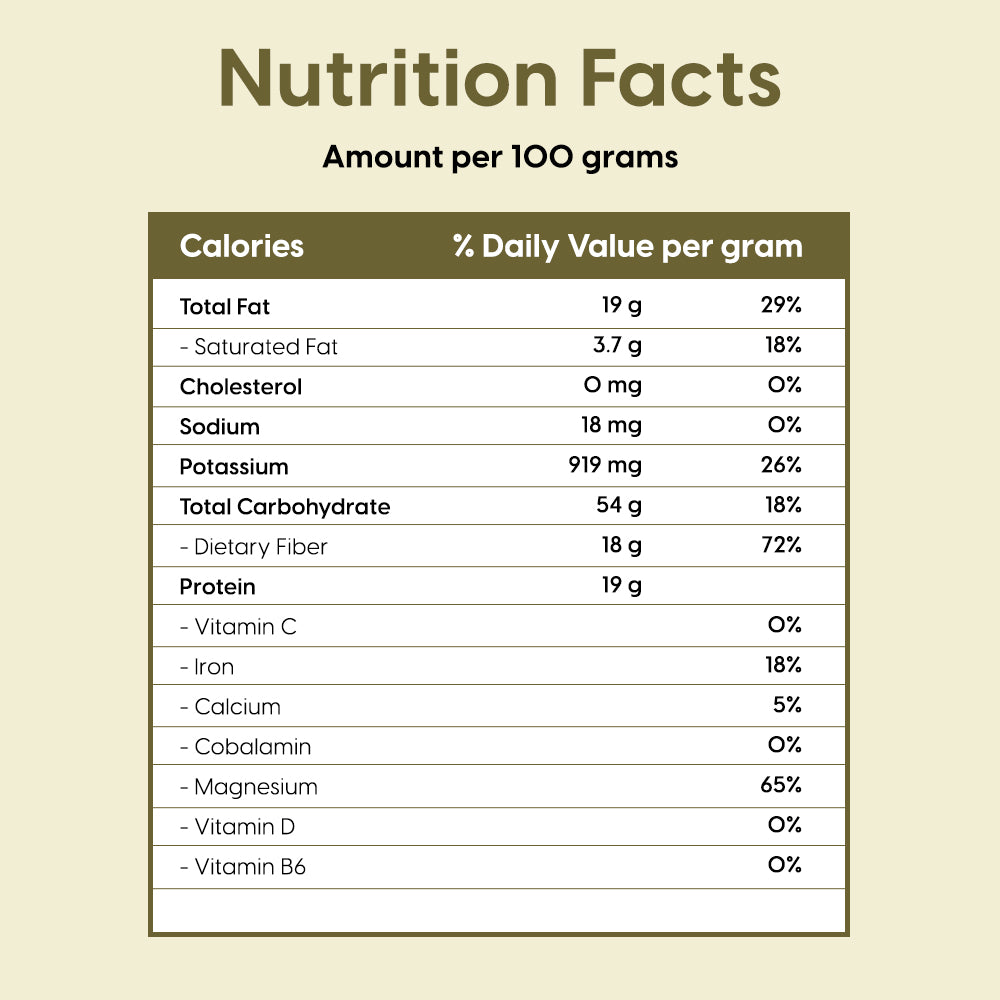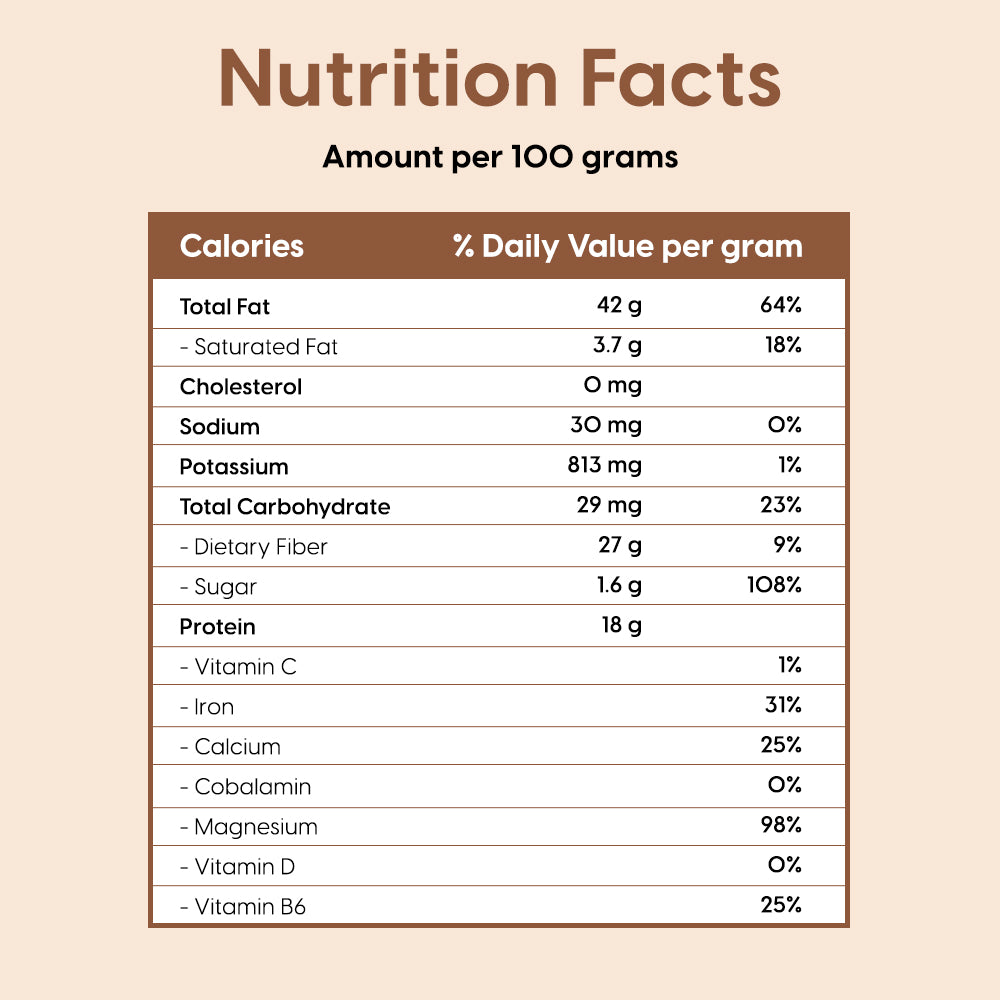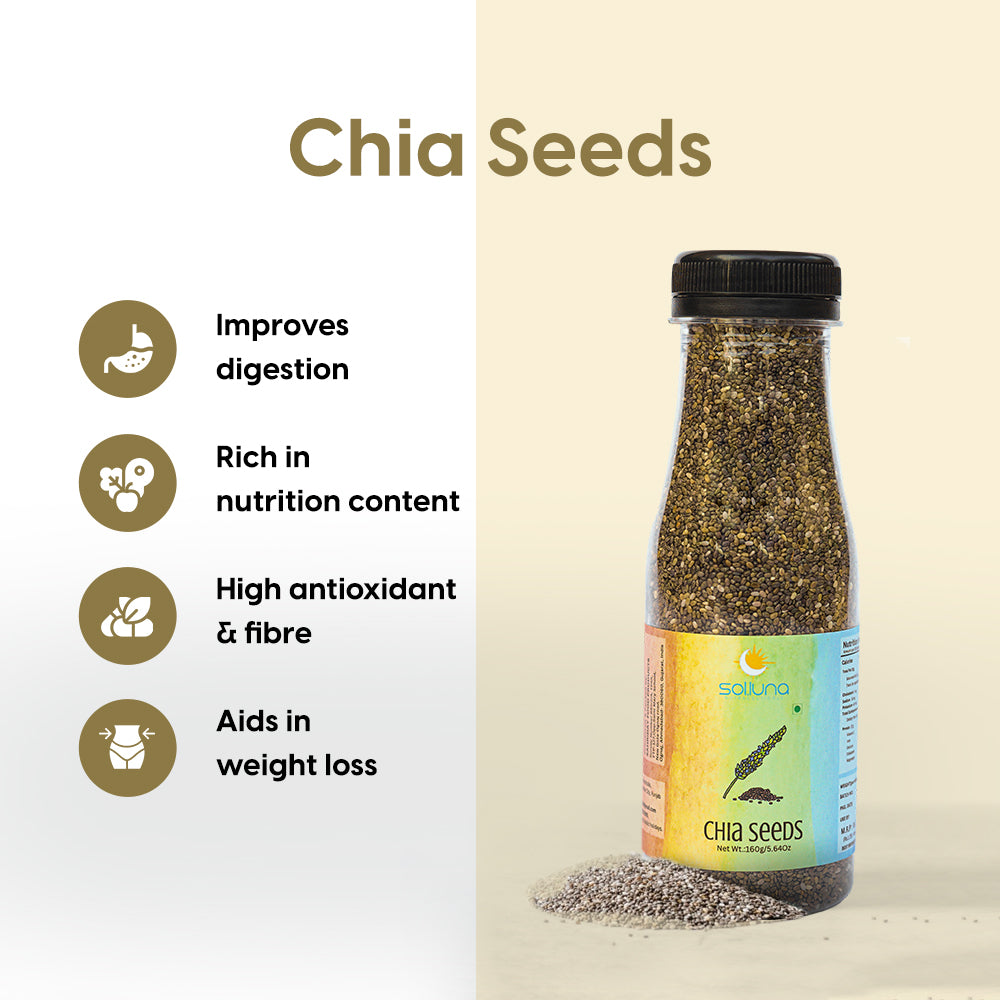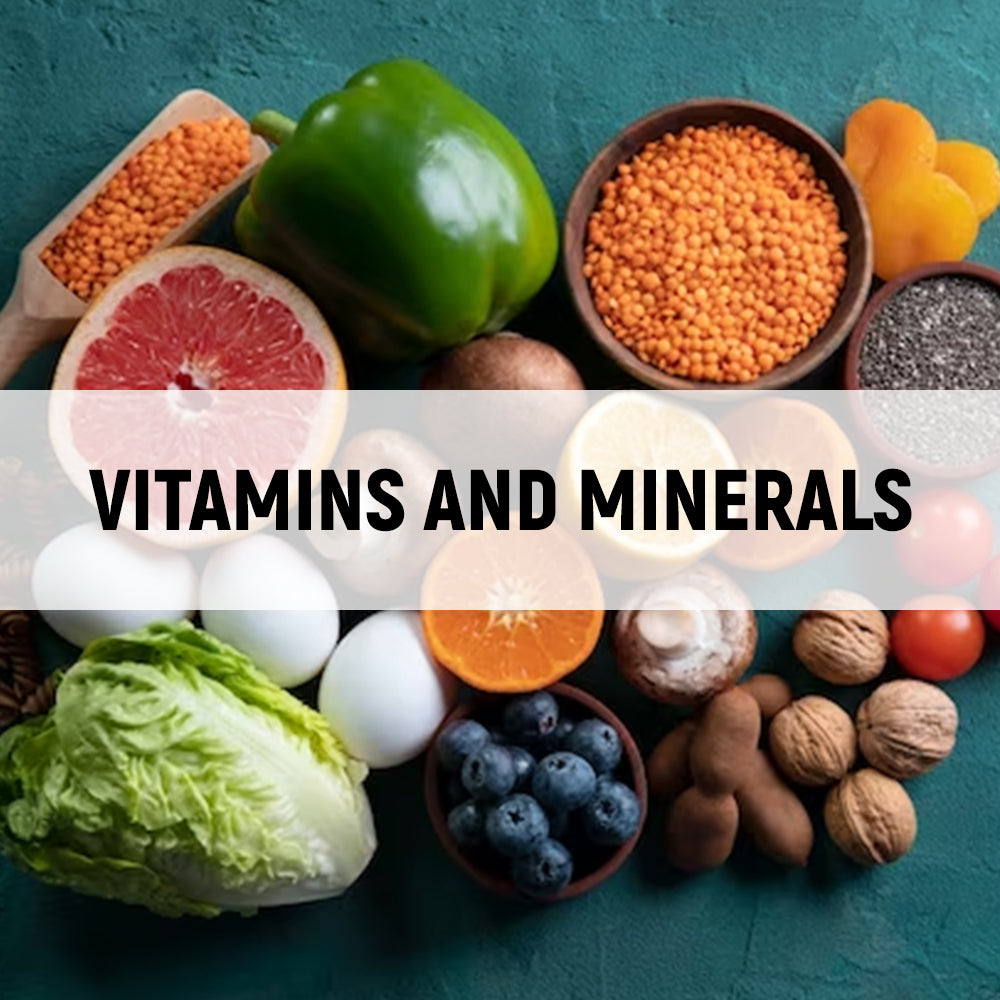
How Lack of Vitamins and Minerals Affects Immunity?

Have you ever wondered why vitamins and minerals are considered as the superheroes of nutrition? They’re not just there to fill the pages of your daily supplement routine; they play a crucial role in bolstering your body’s immune defenses. Vitamins and minerals are the essential gears that keep this machine in top condition. From supporting growth and development to aiding in digestion and metabolism, these micronutrients are the unsung heroes behind your overall health. Without them, your immune system can become sluggish, making you more susceptible to infections and illnesses.
In this article, we’ll understand the role of these micronutrients and how lack of vitamins and minerals affects the impunity system in the human body.
Role of Vitamins and Minerals in Immune Function:
Micronutrients are nutrients that are required in a small amount in our body but have a huge impact on optimal function. Vitamins and minerals are the champions among all micronutrients, especially in enhancement of immunity.
Studies have shown adding vitamins and minerals in a regular diet enhances resistance to infection and recovery of immunological function. In fact some research shows that in few cases, vitamins and minerals help the human body to protect against some cancer diseases as well.
It has been demonstrated the positive impact of vitamin A, B, C, D, E and minerals like zinc, and iron on immunity. It also depends on the amount consumed and how ready they are to be absorbed in the human body. Food processing is the most important factor in the human body and responsible for whether the nutrients get absorbed fully or partially.
In fact, food processing methods are evolving to meet the demand for high-quality foods, with nonthermal processing becoming popular for extending shelf life and preserving nutritional properties. It's important to minimize the impact of processing on vitamins and minerals to maintain nutritional quality, focusing on stability and bioaccessibility.
Common Vitamin & Minerals Deficiencies and Their Impact on Immunity
Ever wondered why vitamins and minerals are often grouped together in discussions about health? That’s because they work hand in hand, each playing a unique role in supporting your immune system. Vitamins like A, C, D, E, and minerals like zinc, selenium, and iron act as the building blocks for a robust immune response.
1. Vitamin A Deficiency:
Vitamin A is crucial for maintaining the integrity of the skin and mucosal barriers, which are the body's first line of defense against pathogens. A deficiency in vitamin A can compromise these barriers, making it easier for infections to take hold.
2. Vitamin C Deficiency:
Vitamin C deficiency can lead to a weakened immune system, making you more susceptible to infections. This vitamin is crucial for the production and function of immune cells, and a deficiency can result in longer recovery times from illnesses.
3. Vitamin D Deficiency:
A lack of vitamin D has been associated with an increased risk of infections and autoimmune diseases. This vitamin plays a key role in regulating the immune response and maintaining immune balance.
4. Zinc Deficiency:
Zinc is essential for the development and function of immune cells. A deficiency in zinc can impair immune function, leaving you more susceptible to infections and illnesses.
5. Iron Deficiency:
Iron is important for immune cell development and function. A deficiency in iron can lead to a weakened immune response and increased susceptibility to infections.
Strategies to Address Vitamin & Minerals Deficiencies:
Addressing vitamin and mineral deficiencies requires a multi-faceted approach that includes dietary changes, supplementation, and lifestyle modifications. By taking proactive steps, you can ensure that your body gets the nutrients it needs to support optimal health and immunity.
Food & Dietary Modification:
Consume a diverse range of foods to ensure you're getting a wide array of vitamins and minerals. Incorporate foods rich in vitamins and minerals, such as fruits, vegetables, whole grains, nuts, seeds, and lean proteins, into your diet. Use cooking methods that preserve the nutritional content of foods, such as steaming or sautéing, rather than boiling or frying.
Supplements & Micronutrient Tablets:
To get extra micronutrients including vitamins and minerals, there are different options available as supplements and multivitamin tablets. Choose supplements from reputable brands to ensure quality and safety. Additionally, Before starting any supplement regimen, consult with a healthcare provider to determine which supplements are appropriate for you.
Take Professional Guidance & Nutritionist:
Seek guidance from a qualified nutritionist or dietitian who can assess your nutritional needs and recommend dietary changes or supplements tailored to your requirements.



